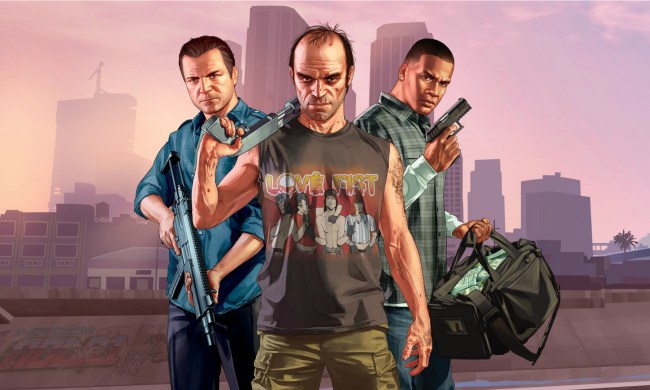League of Legends players raised a massive $6 million for Riot Games’ Social Impact Fund through its Dawnbringer Karma fundraiser. Now they get to choose where that money goes.
Riot Games announced the much-needed good news Friday after the Dawnbringer Karma fundraiser finished its first step by letting players purchase the limited-edition skin of in-game hero Karma along with other cosmetic items like chromas and emotes.
And while it’s not the first time money from League of Legends purchases have gone to a cause, this does mark the first time the players have a say in which cause. Voting is open now through April 23 within the League of Legends client. There, players can vote for one of three nonprofits in their region. When the voting period closes, the nonprofit with the most votes will receive 50% of its regional charity pool, and the other organizations will split the remaining regional charity pool funds. Riot Games guaranteed each charity involved a minimum grant of $10,000.
“We’re going to let players have agency and vote on which specific local cause matters most to them,” Jeffrey Burrell, Riot’s head of corporate social responsibility, told Digital Trends. “The Riot Games Social Impact fund allows us to use these in-game fundraisers to essentially give agency back to the players. Rather than just saying, ‘We’re going to support this one cause,’ we’ve done a lot of research to understand what players care about specifically in their region.”
So far, the Riot Games Social Impact fund has partnered with 46 nonprofits throughout the world. This gives its worldwide fan base the opportunity to better find groups they recognize or feel more passionately about.
“As a global organization, we are fortunate to have the opportunity to serve players from diverse backgrounds around the world, and we feel an innate responsibility to operate at a hyper-local level,” Dylan Jadeja, president of Riot Games, said in a release. “We believe that leveraging our platform to give players agency in choosing the causes that matter most to their local communities is incredibly meaningful, and hope to continue finding opportunities to empower our players to give back in ways that resonate with them.”


